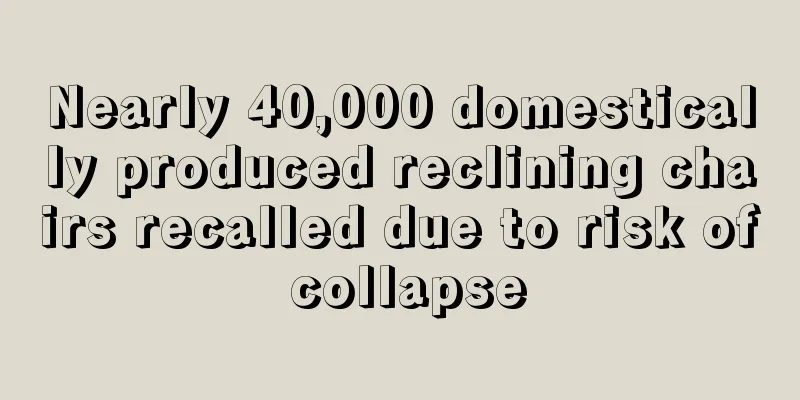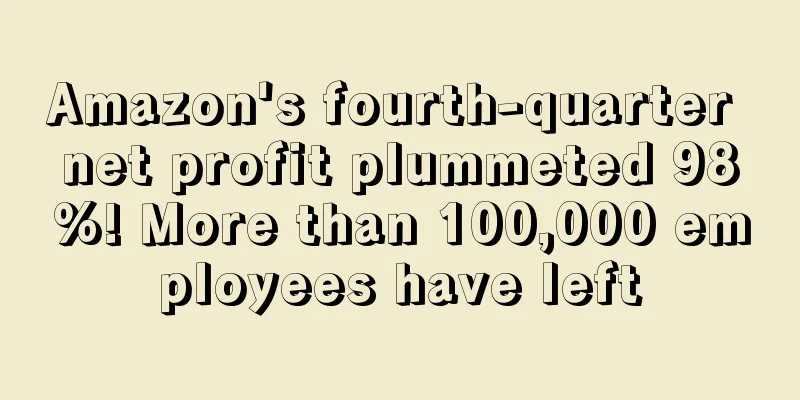The epidemic is out of control! Amazon suspends orders for non-essential goods in the country

|
Recently, the epidemic in India has gotten out of control. After the New Delhi government announced a city-wide lockdown to curb the spread of the epidemic, e-commerce platforms such as Flipkart and Amazon suspended orders for non-essential goods in the capital to comply with the Indian government's six-day lockdown guidelines.
According to a notice from the New Delhi Disaster Management Authority, during the lockdown period, only people engaged in "delivery of basic food, medicines, medical equipment and other basic supplies through e-commerce" will be allowed to move. It is understood that the restriction will take effect at 10 pm on April 19 and will end at 5 am on April 26.
New Delhi will become the second largest market to restrict e-commerce platforms from delivering "non-essential" products after the Maharashtra government announced a similar lockdown a few days ago . Puducherry also announced a complete lockdown from April 23 to deal with the rising number of COVID-19 cases.
As the epidemic in India becomes increasingly serious, there is a huge demand for oxygen concentrators. Some sellers have begun to understand this type of product and have started to replenish their stocks.
The Indian government has implemented strict lockdown measures, so consumers will not be able to buy smartphones, laptops, clothing, etc. For example, when a seller selects a product on Amazon, such as a laptop located in Delhi, the platform will display : "In accordance with the latest government guidelines, we are only accepting orders for essential items."
In addition, the Delhi Disaster Management Authority also stated that delivery agents of e-commerce platforms need to obtain e-passes from the relevant departments.
Currently, the number of confirmed cases in India has increased dramatically, with more than 200,000 new cases every day. Oxygen and drug supplies are in short supply, and the medical system is on the verge of collapse. In New Delhi hospitals, two patients have been sharing one bed. The corridors and halls of the hospital are almost always filled with patients . The same ward is crowded with patients, their families and medical staff, and the risk of cross-infection is extremely high.
Now more than 34 million people in India need government assistance to solve their living problems. If the ongoing epidemic is not improved well, more people in India will be infected .
Although the epidemic in India is very serious now, online orders across the region have more than doubled since the implementation of the curfew. Amazon said that as more and more users buy necessities online, delivery time will be longer than before.
The epidemic in India is out of control now, which will affect us to some extent, but as long as we take precautions, the impact will be much smaller. However, due to India's population size, density, failure to strictly implement epidemic prevention measures, and the severe situation caused by the virus mutation, it is unknown what will happen next. Sellers should pay more attention to real-time dynamics and take countermeasures to prevent serious losses.
India Amazon Non-essential items epidemic |
>>: What are Thais buying? Lazada's top four categories and top products revealed
Recommend
60,000 sustainable products, 35 million users, Zalando platform leads the new fashion trend
Recently, Zalando, Europe's leading online cl...
What is Seller Hub? Seller Hub Review, Features
Seller Hub is a new seller sales tool launched by ...
Toy retailer Learning Express takes advantage of Tik Tok and sees sales surge 145%
Speaking of Learning Express, you may feel a litt...
Kitchen Warehouse improves page loading speed and increases sales by 150%
As the pandemic spread across the globe, global i...
Anker cuts into new track
From OEM to innovation, Anker has been struggling...
Alibaba International Station: Will set up the first shared live broadcast room at the Canton Fair
Today, Alibaba International Station announced th...
What is Lili? Lili Review, Features
Lili 's free bank account offers mobile tax p...
What is Rakuten Super Logistics? Rakuten Super Logistics Review, Features
Rakuten Super Logistics is an order fulfillment an...
What is Official Lecture Hall? Official Lecture Hall Review, Features
The official lecture hall (academy) is the world&...
Amazon warehouse distribution is abnormal! Sellers: forced charges
After the warehouse configuration fee came into e...
Amazon's new policy will take effect! Sellers: This is the most difficult year
This year, Amazon’s actions on policies and pages...
Create a trustworthy customer review experience
Amazon has always been committed to the customer-...
AliExpress releases July Korean opportunity insights: Chinese demand for umbrellas surges 5 times
According to the " July Korean Market Opport...
Toy sales in Mexico are booming in April, with huge market potential
According to data from the Tiendanube e-commerce ...
What is Le Groupe Conforama? Le Groupe Conforama Review, Features
Founded in 1967, Le Groupe Conforama is a well-kno...









